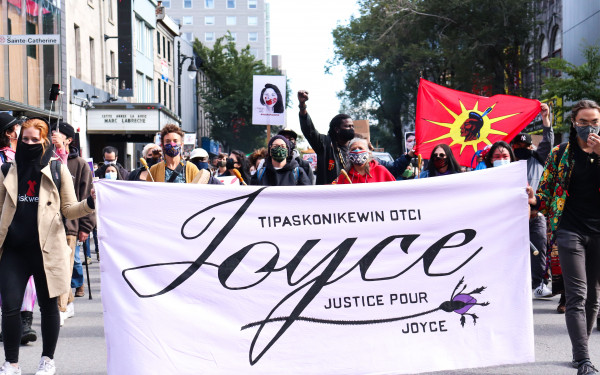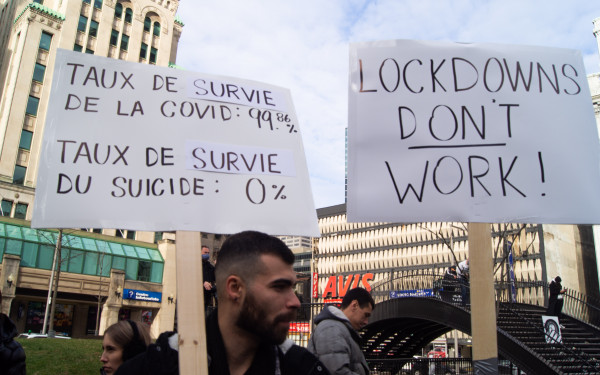Fifteen Dollars an Hour Won’t Cut it, Experts Say
Labour Ministry Boosts Minimum Wage As Recession Looms
On Jan. 18, Quebec Labour Minister Jean Boulet announced a one-dollar increase to the minimum wage to help the 298,900 Quebecers working low-paying jobs in the fight against inflation.
Effective May 1, the minimum wage will rise from $14.25 per hour to $15.25—a seven per cent increase.
Considering the annual consumer price index in Quebec for 2022 had gone up 6.7 per cent, such a measure would seem to make sense. But unlike other provinces in Canada, Quebec doesn’t adjust its minimum wage according to that indicator.
Experts agree that the provincial government ensures the minimum wage doesn’t go above half the amount of the average hourly salary. As the cost of living rises, the salary of non-minimum wage workers has risen too, which explains why the two figures compare.
“It is a method of calculation which seems to us within the coalition quite outdated,” said Virginie Larivière, spokesperson for Coalition Minimum 18, a group of unions advocating for a significant increase to bring minimum wage up to speed with the cost of living and help get people out of poverty.
Larivière explained that the current system is based on studies by Pierre Fortin, a renowned Quebec economist, at the end of the 1990s. “The labour market context was completely different [back then],” she said.
The coalition, as per its name, wants minimum wage to be set at least at $18 per hour—even though Quebec Premier François Legault admitted in December 2022 that even $18 “wasn’t enough to make ends meet.”
“Eighteen dollars is what it took in 2021,” said Larivière, adding that the coalition was soon going to be even more ambitious with its demands.
According to minister Boulet, setting minimum wage to $18 would put the competitiveness of Quebec’s business sector at risk. But in the midst of the labour shortage, businesses are under increasing pressure to improve wages, even without the government’s guidelines on how to attract workers.
“The numbers show it, seven per cent of workers are affected [by the raise],” said Alexandre Leduc, Québec Solidaire deputy for Hochelaga-Maisonneuve. Across all industries, from restaurants to retail, fewer and fewer businesses are sticking to the minimum wage.
“For sure, the labour shortage puts a rising pressure on wages, and that’s a good thing,” said Leduc. “The more we wait, the less people the raise will affect.”
What was praised by Boulet as “the highest percentage increase since 1995” is an adequate measure due to an inflation crisis not seen since 1983, when it reached a high of 8.1 per cent.
Although the province’s minimum wage keeps rising, experts agree that there is no end in sight for Quebec’s cost of living crisis.
This article originally appeared in Volume 43, Issue 11, published February 7, 2023.







